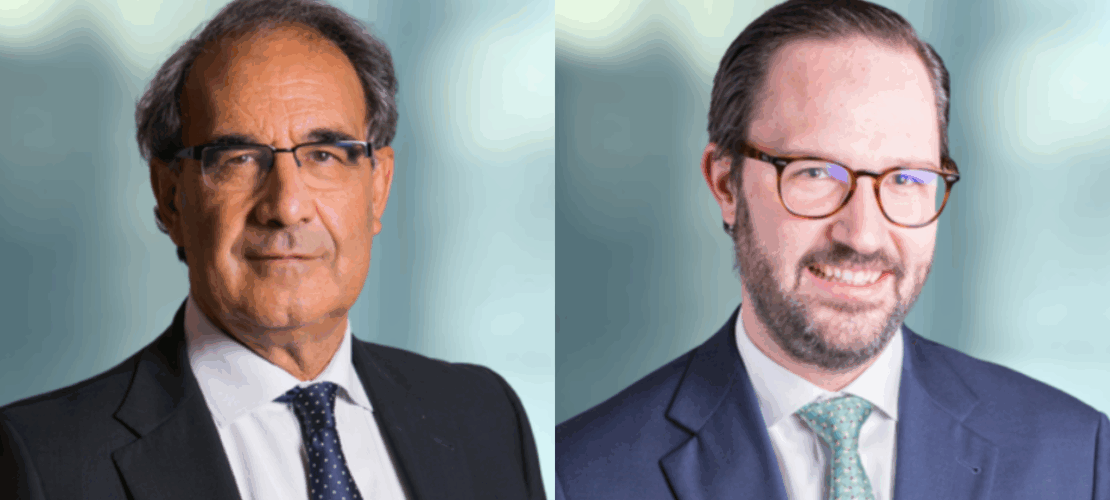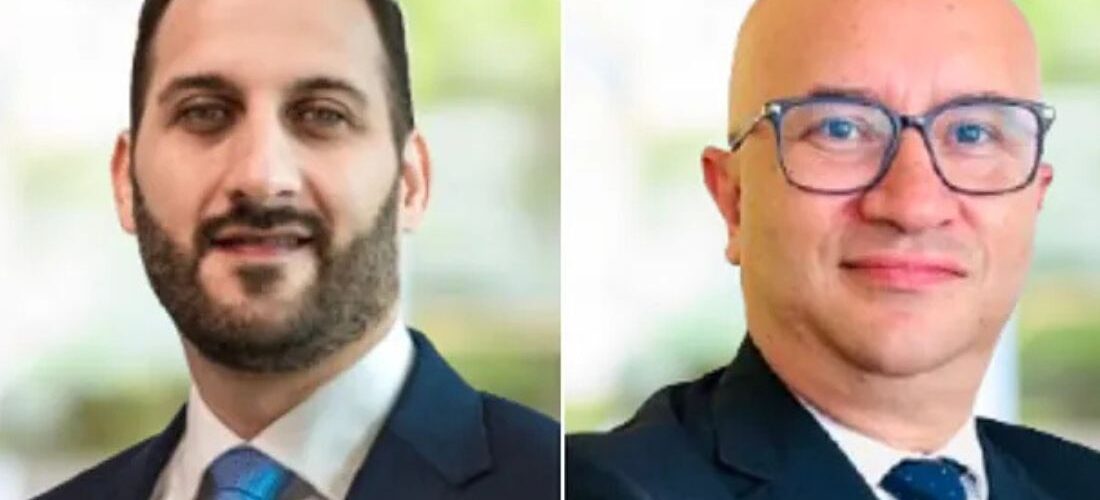The (global) business of unmasking fraud
Gary Miller, founder of the International Fraud Group (IFG), shares what it takes to investigate and recover stolen assets worldwide. From deceptive romance scams to sophisticated crypto thefts, Miller explains why fraud always starts with trust—and why fighting it requires speed, strategy and global coordination
by ilaria iaquinta
“It all started with a phone call and an unverified cheque. It was 1977, and I had just landed in Hong Kong—a young and naive English lawyer with no idea what was coming”. That’s how Gary Miller, now one of the world’s leading experts in international fraud and asset recovery, recalls the moment that changed his life.
Weeks into his first overseas job, Miller was called to a local bank where a trusted client had convinced the manager to release millions against a cheque that had not cleared. “A classic case of misplaced trust”, he says. But what came next was even more unexpected: the bank deployed an elite team—ex-FBI, ex-CIA, forensic accountants, psychologists. “It felt like a 21st-century operation.”
That early case taught him the anatomy of fraud: nearly every scam begins with trust. And once that’s broken, recovery takes more than lawyers—it takes cross-border thinking, regulation, criminal law, psychology and speed.
Nearly five decades on, Miller—Partner & Head of China Desk at Mishcon de Reya—chairs the International Fraud Group (IFG), a network of firms in over 60 countries that specialises in tracing and recovering stolen assets. His core message: act fast, stay informed, and always start with the end in mind.
How has fraud changed over the years?
I don’t think it has changed very much at all because 99% of all frauds are about deceiving people and leading them to believe a particular set of facts which are not true or are not wholly true. And so the classic deception is pretty much the same as it was in the late 70s, as it is now. It is just that the tools available to crooks to deceive people have become super immediate and super sophisticated.
Which kinds are most difficult to fight today?
Without doubt, romance and investments scams using social media. People are virtually addicted to their phones and what happens is that they accept as true almost everything that comes through a social media platform, even if they don’t really know the sender of the message. As long as it is got a face and it is got a name and they are using a trusted platform, eg Facebook, their default position is that it is true. And because we live in a world where people don’t have the inclination or the time to check anything, that default goes into a permanent belief that everything they have read is true until they get stung.
What tools are used to track crypto or offshore funds?
…












